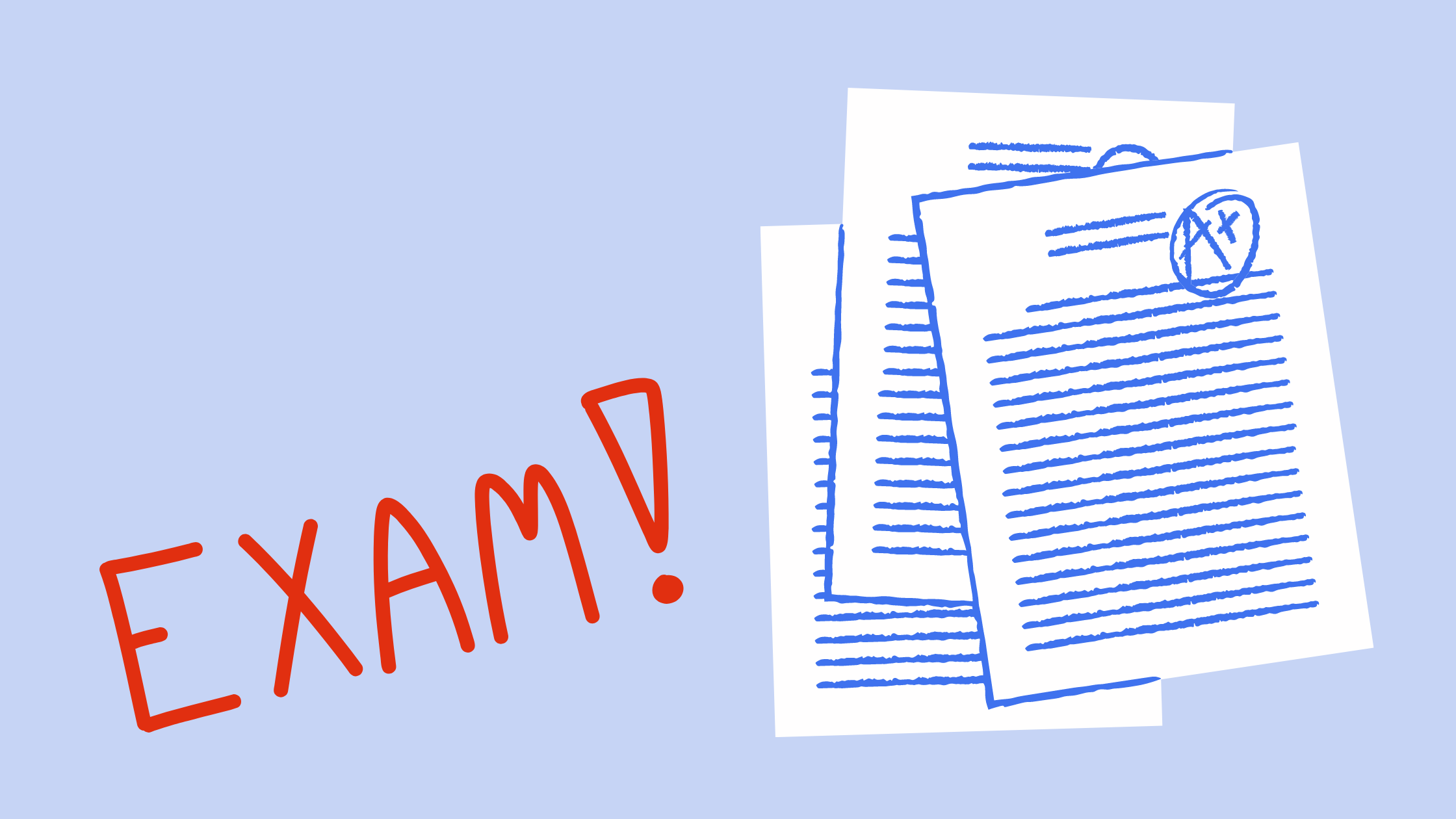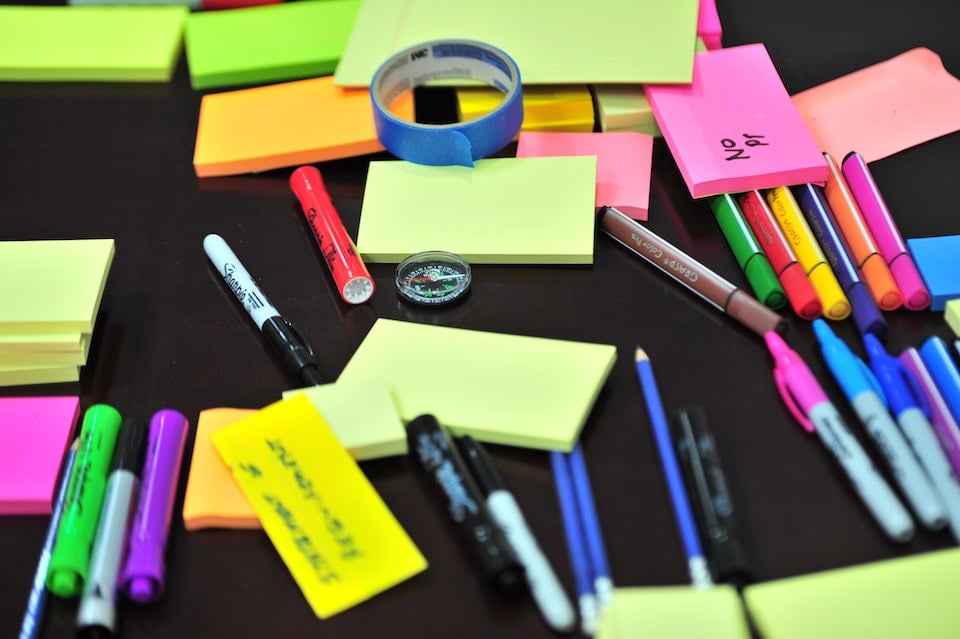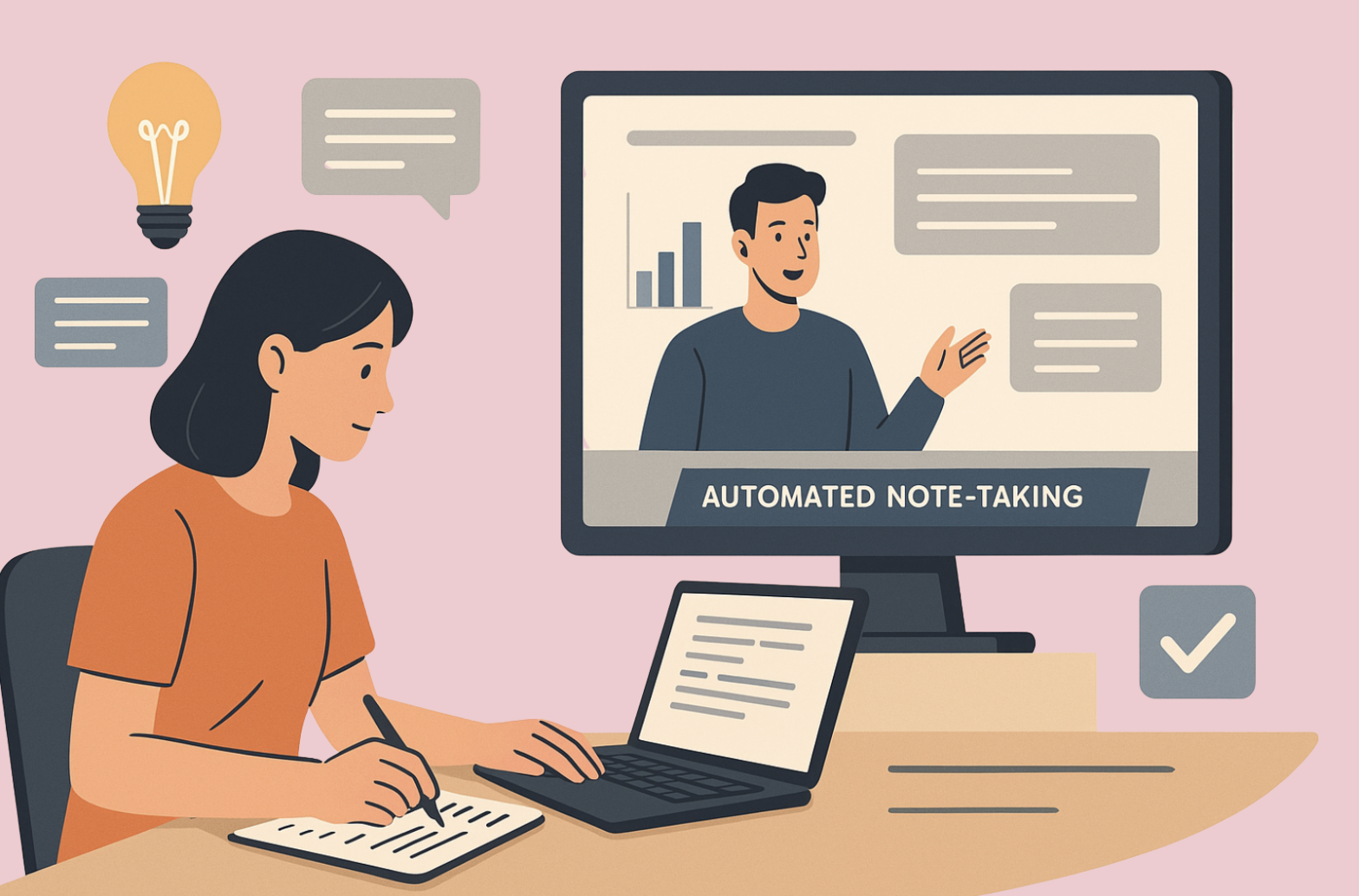4 Best Test-Taking Prep Strategies on Exam Day
Exam day has come, and although you are well-prepared as a psychology student, you might still feel a bit anxious. Don’t worry. It’s perfectly normal for students to feel some stress when it comes ...

Exam day has come, and although you are well-prepared as a psychology student, you might still feel a bit anxious. Don’t worry. It’s perfectly normal for students to feel some stress when it comes to test-taking, even if they have studied well and know the material.
The following tips will guide you through psychology exam prep and the psychology exam itself. Remember that every exam is different. This test-taking guide is written in a general sense, with an eye toward the typical psychology university-level exam.
4 best test-prep practices

#1: Find out as much as you can about the exam beforehand
In the psychology class meeting prior to the exam, ask your instructor for information about the test, if they do not provide this information voluntarily. Ask about the format of the exam; what tools and materials you will need to bring, and if things like restroom breaks will be permitted during the exam. Also, if there are any topics that will be included on the exam that you are still unsure of, ask your professor to review that material. If you still have questions about a particular topic, it’s likely some of your classmates do too.
#2: Avoid cramming the night before
Spending several hours cramming before a psychology exam is not as helpful as you may think. Not only does cramming prevent you from developing the deep understanding of materials necessary for learning, it may increase your stress levels prior to an exam. The information you learn through cramming is stored in your short-term memory and quickly forgotten once you turn in your test. This makes it harder to study for final exams when you need to recall everything you learned during the term.
If you have been following your study plan, there shouldn’t be a need for an intense cramming session right before a psychology exam. You should already be well-versed in the material that will be tested, and a brief review of your notes should be sufficient to prepare for the test.
#3: Prepare your supplies
Make sure your bag is packed with plenty of sharpened pencils, pens (blue or black ink), and erasures, as well as your textbook, notebooks, and any study materials you may be allowed to use during the exam. If you are taking a math or science test, bring a calculator with charged batteries. Also, since you won’t be allowed to use your cell phone, bring a watch to keep track of time. Lastly, if allowed, bring some chewing gum to deal with nervous tension.
#4. Be physically ready
Getting a good night’s sleep is key to preparing your brain for optimal performanceduring an exam. Avoid staying up late the night before an exam, even if you’re at home and doing something relaxing like watching a movie. The day of the exam, eat a healthy meal, avoid excessive caffeine, and stay hydrated. Use the restroom before arriving for the exam, and bring a bottle of water, if permitted.


